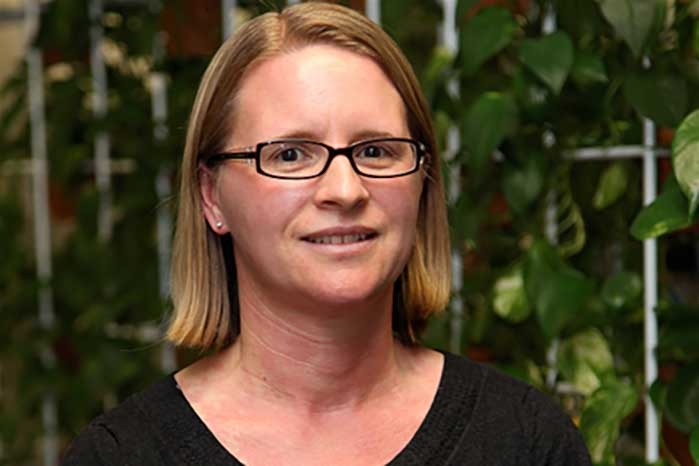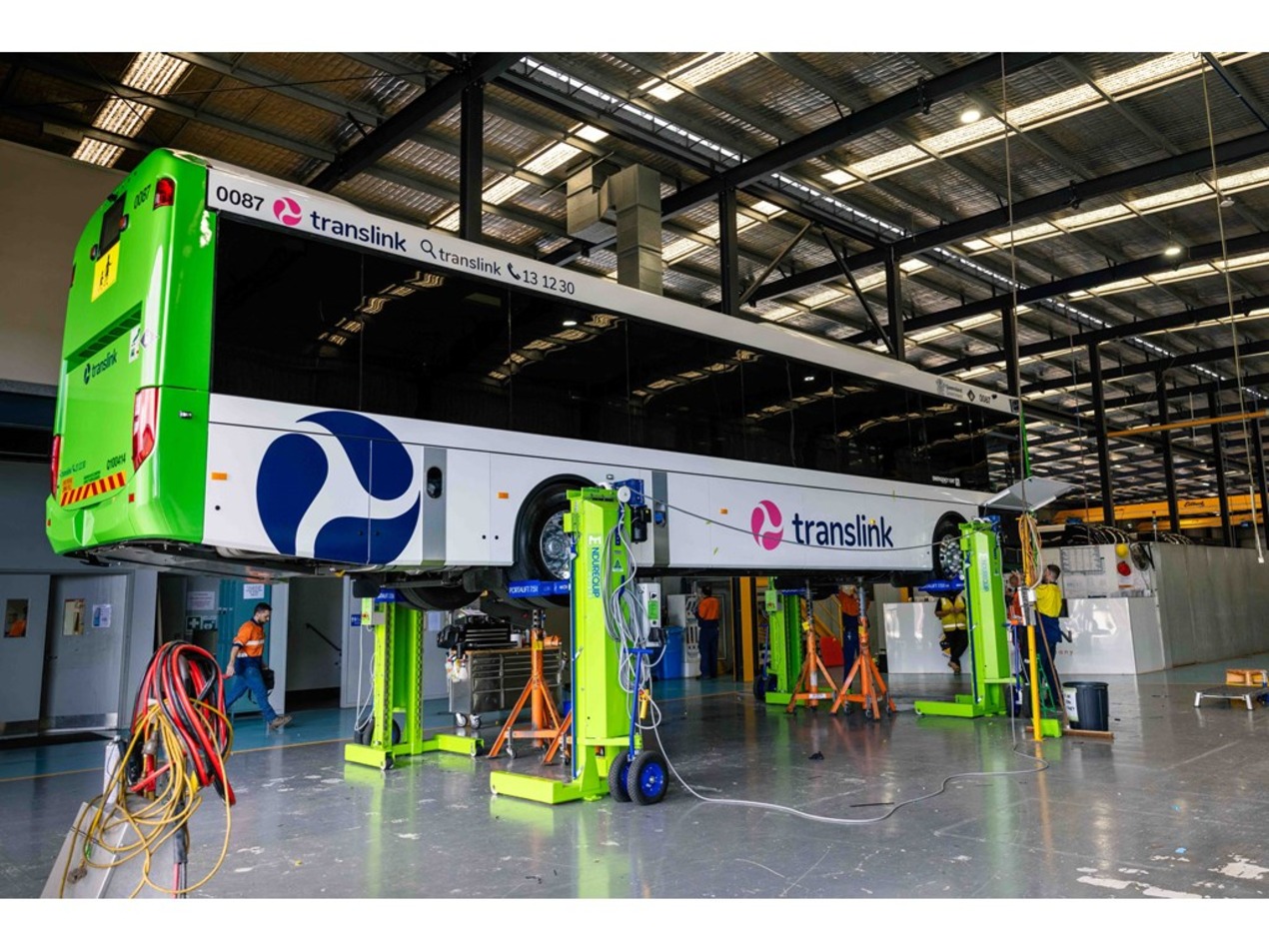
The Australian Crime Commission (ACC) is the national criminal intelligence agency, using its investigative capabilities to conduct special investigations and operations where traditional law enforcement methods may not be effective.
With the increasing cyber physical threat landscape and constantly changing technology trends, it is crucial that the ACC embraces ICT to drive better and more successful outcomes.
OpenGov spoke to Narelle Lovett, A/G Chief Information Officer, Australian Crime Commission (ACC), to learn more about this her role in ACC and what her focus is for the year.
Narelle has over 20 years of experience in Technology and Communications in both government and the military. Narelle’s current challenges at the ACC include bringing together disparate technology areas into a managed technology environment as well as the establishment of an embedded Information Management culture.
Her deep technical expertise and leadership skills have evolved through her direction of technical change programs including establishing the technology infrastructure for the ACC’s Fusion Center as well as the ACC’s National Criminal Intelligence System.
Through consolidation and virtualisation Narelle was able to achieve Australia’s first full Green ICT Certification for the Australian Crime Commission and ACS Green ICT Award (Corporate 2009). Narelle is substantively the Chief Technology Officer for the ACC.
We asked Narelle a few questions about what she will be focused on this year, what collaborations she is taking on, and how she is working to consolidate IT services. You can read our dialogue below.
What are your areas of focus for 2016?
The Australian Crime Commission is currently working toward a merger with CrimTrac and the Australian Institute of Criminology (AIC).
Our main focus is how we are going to be bringing together three sets of disparate technology with a view to ensuring good Information Management Practices. A lot of this work relates to an internal program of work called Information Data Exploitation Program (IDEP).
The operations of the agency are based around the collection, exploitation, and dissemination of information through the intelligence cycle. The effective use of information will improve the value of agency business, and there are a number of new capabilities that have been identified recently that will increase that value.
The IDEP is a sophisticated data collection, information creation, and dissemination model that focuses on the relationship between data collection and information generation, and dissemination.
Originating within the disciplines of data management and analytics the IDEP model describes the sequence of value adding activities that must be undertaken in order to transform raw information and data into useful (accurate) actionable information.
The information collection, generation, and dissemination activities recognised within IDEP include:
- collection planning,
- acquisition (collection and/or creation),
- validation (quality assurance of information acquired),
- integration (of information to an organisations systems and holdings),
- analysis,
- information creation (joining the dots),
- information product creation,
- information product dissemination
We are also working on a Proof of Concept for a National Criminal Intelligence System. This system will enable law enforcement to effectively share national information and intelligence, communicate and understand each others’ data more efficiently.
Who are you working with to complete these projects? (What is it like to collaborate with them?)
We are working across a number of stakeholders to complete these programs. The stakeholders include both state and federal government, private industry as well as the university and research sectors.
As these programs are focussed on the business benefits the stakeholders are integral to the success of the programs. Having a range of views has led to greater understanding of the complexity of the business problem as well as novel ways to solve problems.
How have you been working to consolidate ACC IT services?
As ICT within the Australian Crime Commission is business driven we are constantly working to understand the changing landscape and work with our internal and external partners for the best outcomes.
Some of these outcomes are the consolidation of services within the Australian Crime Commission and more broadly across government. These services range from networks to shared collaboration spaces.
What has been your experience with trying to move ACC to the cloud?
The Australian Crime Commission has little experience in moving to the cloud. There are a whole range of reasons for this including sovereignty of data and understanding our security requirements and contract requirements.
This is not to say that we won’t, however we need to move through the Australian Crime Commission services to understand what is viable. We are also working with our government partners on solutions that may work across agencies.
How has your field changed in the past five years? How are you dealing with this change?
The field changes weekly. Working through challenges such as keeping skills relevant and being able to respond to the business needs are some of the hardest challenges. Changing technology and infrastructure are more straight forward and easier to understand. It’s the continuous evolution of the workforce that requires the most work.
Within the public service it appears to be harder to keep skills and positions relevant for the work that is required. To go some way to achieving this we are working toward a tighter partnership with the education sector and also with industry.
What motivates you to do the work that you do?
Outcomes. I am driven to produce quality outcomes for the Australian government and the Australian people. The majority of my career has been within the law enforcement of and defence sector however those outcomes transfer into a number of other areas across government, for example: health, education and policy.




















